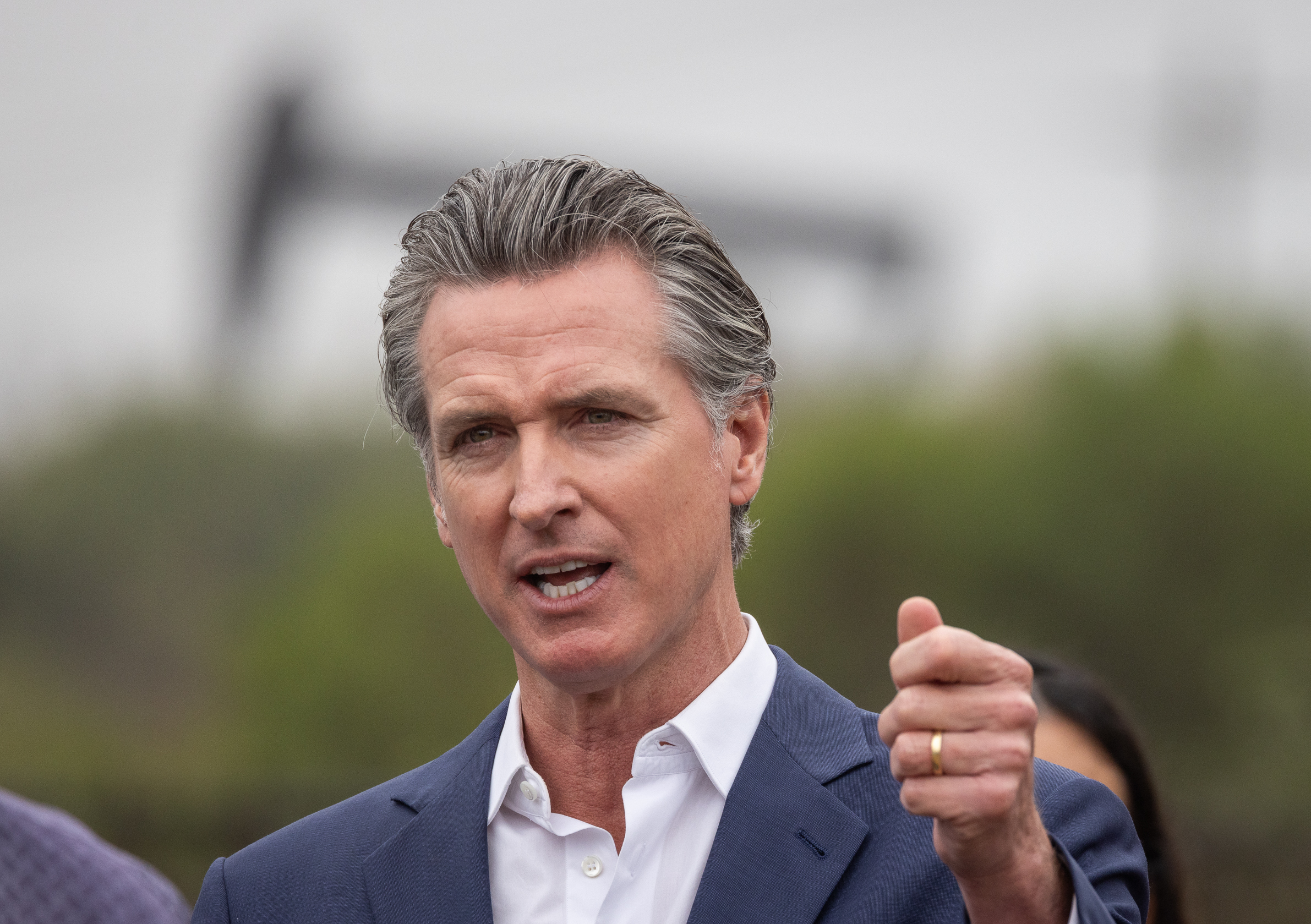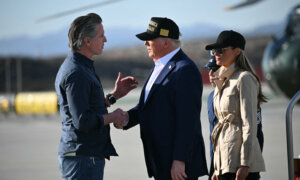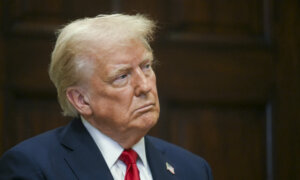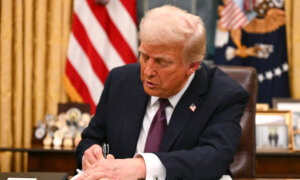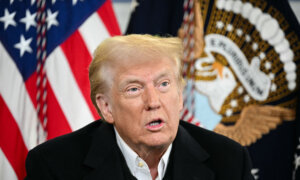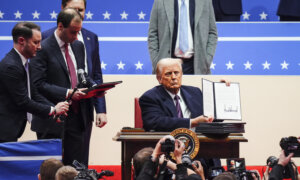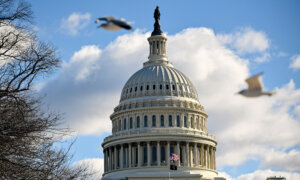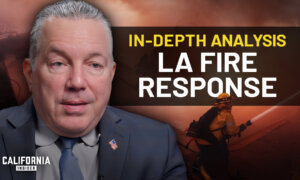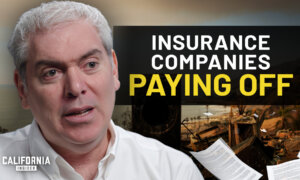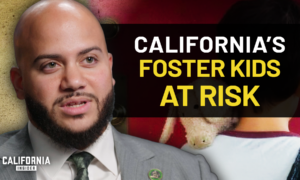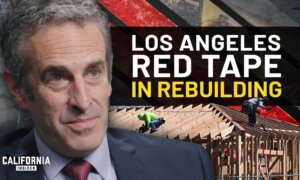California Gov. Gavin Newsom on Dec. 5 voiced his opposition to foreign policy agendas—including tariffs on products from China, Canada, and Mexico—that President-elect Donald Trump has signaled he will enact once in office in January.
“This is one of the biggest tax increases in U.S. history,” Newsom said at a press conference at the border in San Diego County while announcing construction of a new port of entry in the area.
Tariffs raise revenue for the government by charging exporters from affected nations fees for selling products in the United States.
In some instances, sellers increase the price of goods to recover the extra cost, with importers thus paying more for goods they purchase and then passing on some or all of the expenses to consumers.
Newsom claimed the price of oil, gas, medicine, food, and other commodities would spike as a result.
“The impacts on this region, and your pocketbook, will universally be felt, regardless of your politics,” he said. “For those that embraced and supported this agenda ... you are being betrayed by these policies.”
Supply chains could be negatively affected, and relationships with nations targeted by tariffs could become strained, according to the governor, who said some countries could retaliate with their own tariffs.
As one of the largest agricultural exporters in the world, California will be disproportionately affected, Newsom said.
“This is a regressive tax that will have a profound impact on progress and momentum that we’re starting to enjoy,” he said. “Don’t think for a second this won’t impact you ... regardless of your politics.”
Trump’s team pushed back on the governor’s claims and pointed to recent history as evidence that tariffs can be implemented without causing widespread economic disruption.
“In his first term, President Trump instituted tariffs against China that created jobs, spurred investment, and resulted in no inflation,” Karoline Leavitt, Trump–Vance transition spokeswoman, told The Epoch Times by email on Dec. 5.
“President Trump will work quickly to fix and restore an economy that puts American workers [first] by re-shoring American jobs, lowering inflation, raising real wages, lowering taxes, cutting regulations, and unshackling American energy.”
The incoming president repeatedly said on the campaign trail that tariffs would be a key component of his negotiating strategy with nations whose actions he believes are compromising public safety. His reasoning for the tariffs, he said, is to bring manufacturers back to the United States and to encourage U.S. trade partners to act in its best interest.
In a Nov. 25 post on his Truth Social app, Trump said he will sign an executive order placing 25 percent tariffs on all products entering the country from Mexico and Canada.
The fees will remain until the nations’ borders are secured to stop the flow of drugs and illegal aliens, he said.
“Both Mexico and Canada have the absolute right and power to easily solve this long-simmering problem,” Trump wrote. “We hereby demand that they use this power, and until such time that they do, it is time for them to pay a very big price.”
He later spoke with Mexican President Claudia Sheinbaum about stemming the flow of fentanyl into the United States.
Law enforcement officials in Mexico announced on Dec. 4 that they seized more than one ton of the deadly opioid in a raid in the state of Sinaloa, which is home to the notorious cartel known by the same name, once run by Joaquín “El Chapo” Guzmán.
Canadian Prime Minister Justin Trudeau met with Trump on Nov. 29 at Mar-a-Lago, with some of their discussion bearing on the prospective tariffs, according to the president-elect.
Some officials in Canada—including Public Safety Minister Dominic LeBlanc—subsequently told other news outlets that securing the border is a priority.
More than 75 percent of Canada’s exports and about 83 percent of Mexico’s outgoing products are destined for the United States, according to World Bank data.
Trump also called out the Chinese regime with a separate post, saying that in addition to any other tariffs he levies on the nation’s products, a 10 percent surcharge will apply until there is no longer a supply of fentanyl precursors manufactured and distributed from the country.
“I have had many talks with China about the massive amounts of drugs, in particular fentanyl, being sent into the United States, but to no avail,” Trump wrote.
“Representatives of China told me that they would institute their maximum penalty, that of death, for any drug dealers caught doing this but, unfortunately, they never followed through, and drugs are pouring into our country, mostly through Mexico, at levels never seen before.”
How tariffs could impact the economy is a hotly debated topic among experts. While some economists polled by the Kent Clark Center for Economics in September suggest prices could increase for some products, others say market elasticity—the relationship between price changes and demand—will factor into the equation.
Whether a good can be produced in other regions or nations also affects the impact of tariffs, as some producers can benefit if tariffs make other nations’ goods too expensive to compete, according to economists.
